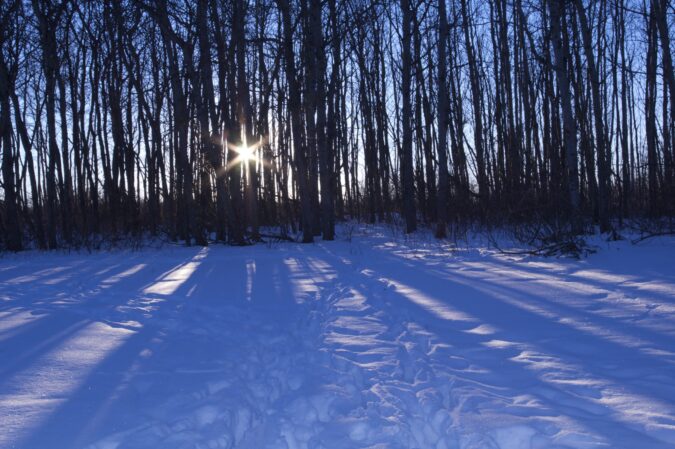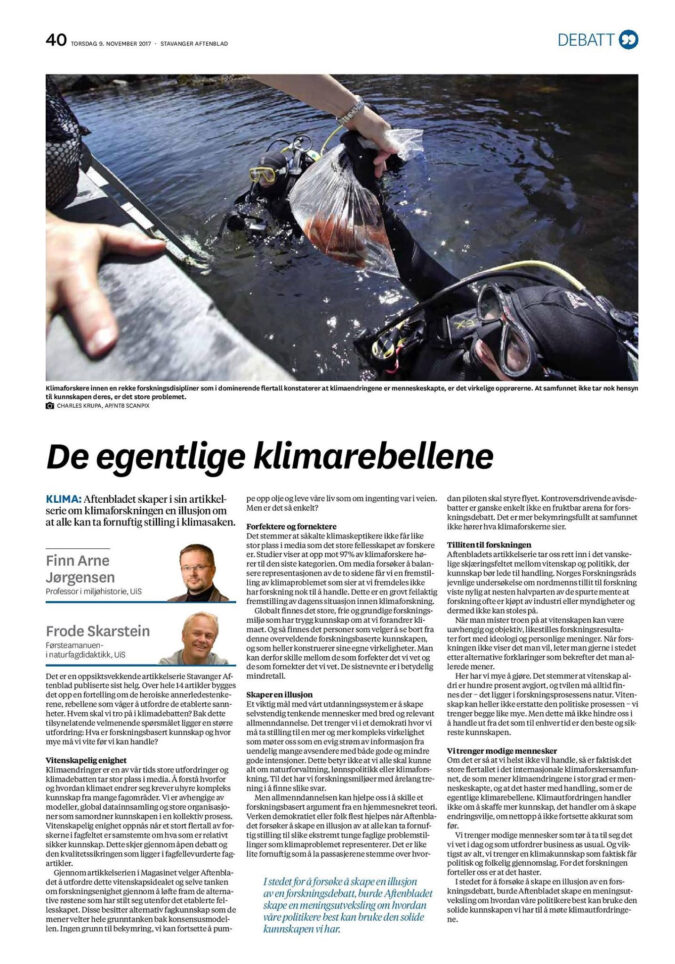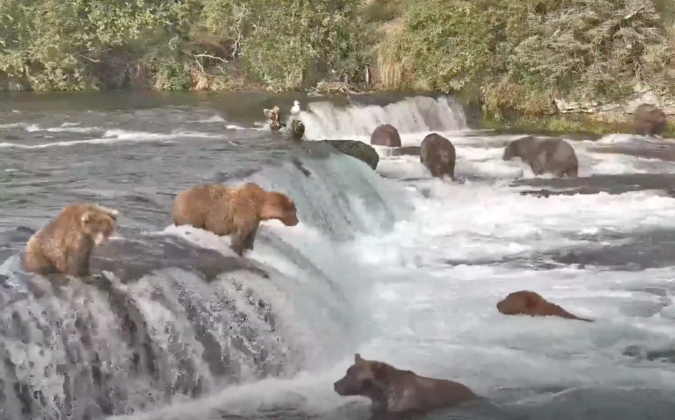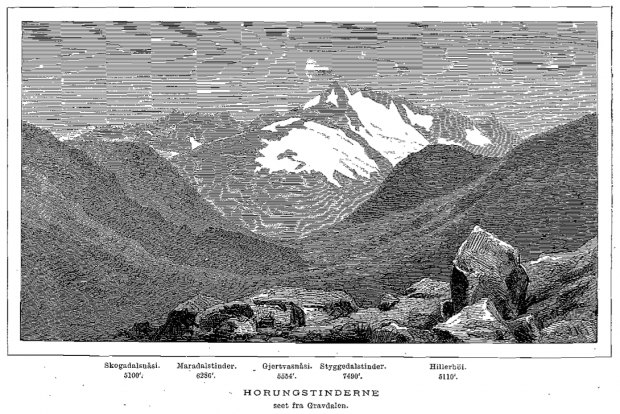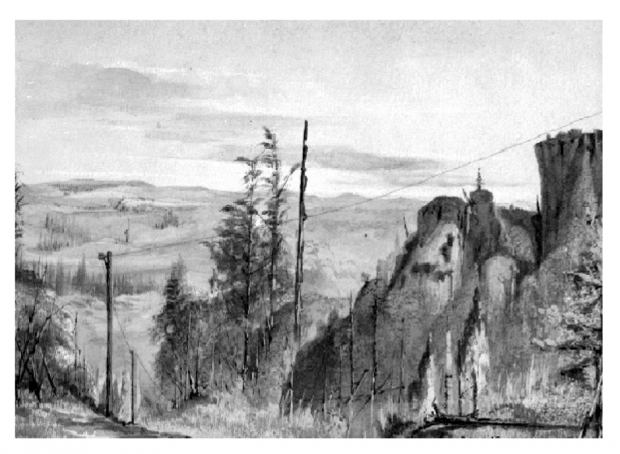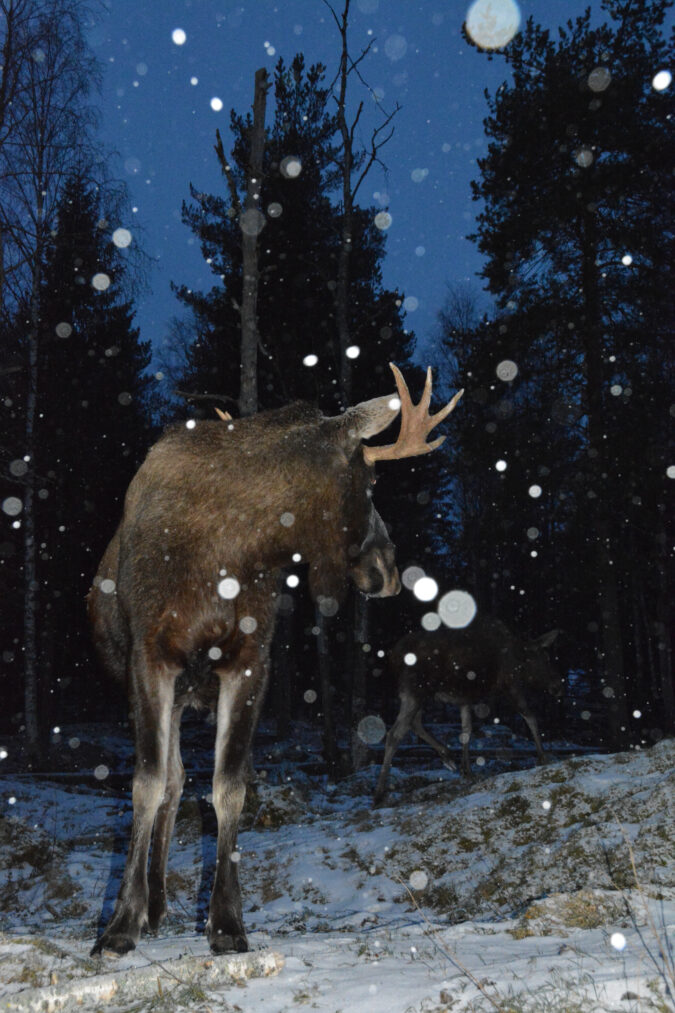One of my main organizational concerns over the last decade has been the institutionalization of environmental history and environmental humanities in the Nordic countries. How can we build both a discipline and a community in ways that provide not just institutional support but also long-term institutional homes to environmental history scholars? When I started the Nordic Environmental History Network (NEHN) in 2009, with generous funding from a Nordforsk network grant, NiCHE was the model for how a networked community of scholars could function – they demonstrated a level of community, professionalism, and entrepreneurship that few others could match and that we only could admire from afar. This admiration was combined with a certain feeling of affinity between Canada and the Nordic countries, and perhaps in particular my home country Norway. At the risk of stating the obvious or verging on cliches, both are stretched-out countries with low population density and much nature, at the northern edge of a continent. Neither country can be said to be the center of the world, so we have to be concerned with connections. Both have fierce climates that change dramatically over the seasons. Both can be characterized as welfare states. We share an interest in cabins and cottages (which are one of my long-term research interests) as ways of being in nature. In short, both countries seem to be made for environmental history. And yet, the Nordic countries – until recently particularly Norway – were lagging far behind Canada in terms of environmental history. There were no professorships in the field in Norway; in fact, there were no jobs at all with an environmental history focus. Collaboration between environmental history scholars in the different Nordic countries was also rare. NEHN aimed to change that, with NiCHE as a major inspiration. When writing this post, I went back to my original grant proposal, written when I was a postdoc in Trondheim in 2009. Here I stated: “The…
Published at NiCHE in the series Outside Looking In, about the experiences of teaching and researching Canadian environmental history – from scholars working outside Canada.
